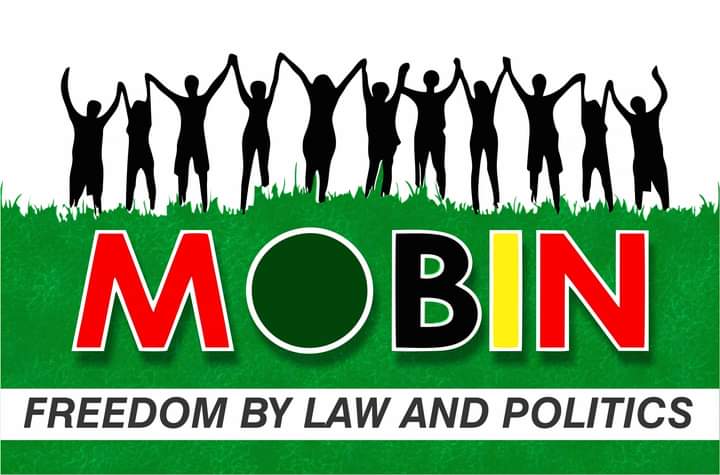
In the ongoing Biafra struggle, the methods employed by various factions have turned to intense debates about the path to self-determination. A controversial turning point came in 2014, when one prominent figure in the movement rejected legal and diplomatic strategies, declaring that violence was the only viable option for achieving Biafran independence.
In his infamous broadcast, the leader announced:
“Those amateur lawyers experimenting with Biafran independence in Court, your end has come. There is no evidence where a nation got independence through the Court. Without violence, there will be no Biafra. No retreat, no surrender. It is Biafra or Death.”
Ironically, when the prospect of death appeared imminent, the leader reportedly fled, leaving many of his followers to bear the consequences of his militant rhetoric. Critics have compared this to the Biblical principle of leadership, where a good shepherd lays down his life for his flock, contrasting it with a hireling, who abandons the flock in times of danger.
Since the adoption of violent tactics, the struggle has taken a devastating toll on Igboland. Weekly sit-at-home orders, enforced by “unknown gunmen,” have crippled economic activities and plunged the region into turmoil. While the architects of this strategy initially vowed to turn Nigeria into a Somalia-like state, many argue that it is Igboland itself that now suffers the consequences of such chaos.
Observers have also pointed out that some elders and educated individuals lent credibility to these methods by offering their support, further emboldening the youth to pursue a destructive path. Meanwhile, the creation of a so-called “Biafra” government-in-exile, reportedly based in Finland, has drawn ridicule, with critics describing it as “building castles in the air.”
Recent developments suggest that even the proponents of violence may now be reconsidering their stance. Reports indicate that emissaries from the group have approached President Bola Ahmed Tinubu, seeking a political resolution. This shift has been seen as a significant compromise, contrasting sharply with the previous “Biafra or Death” mantra.
Critics have questioned the sincerity of this pivot, highlighting the leader’s apparent willingness to pursue life and political negotiations while many of his followers paid the ultimate price.
The Movement for Biafrans in Nigeria (MOBIN) has consistently championed the use of law, politics, and diplomacy as the path to self-determination. MOBIN’s advocacy includes submitting a memorandum to the National Assembly, calling for the devolution of power to Nigeria’s regions. This approach mirrors the British model, where constituent nations, England, Scotland, Wales, and Northern Ireland, govern themselves within a single country.
MOBIN’s legal and political methodology aims to secure regional autonomy through democratic processes. The group believes that progress, though slow, will ultimately yield sustainable results. “The race is not for the swift,” MOBIN asserts, emphasizing the need for wisdom in navigating Nigeria’s legal and political landscape.
MOBIN has called on those who believe in their vision to join the movement, stating that regional autonomy is the starting point for self-determination. As debates around restructuring Nigeria continue to gain momentum, the group remains steadfast in its belief that law and diplomacy, not violence are the keys to lasting change.
